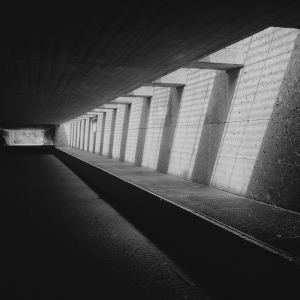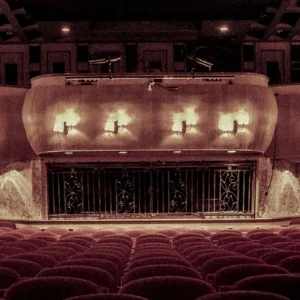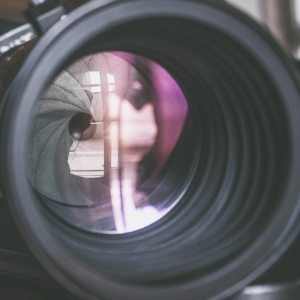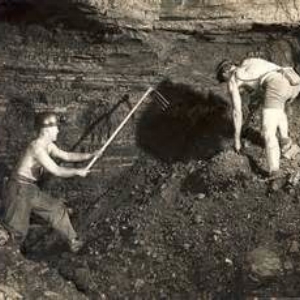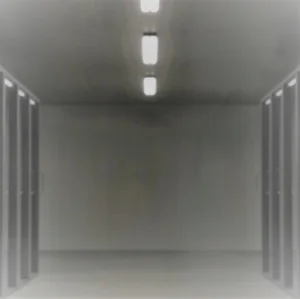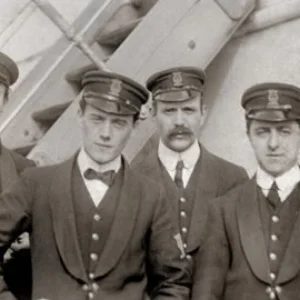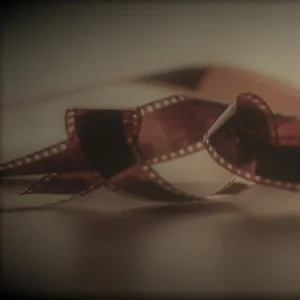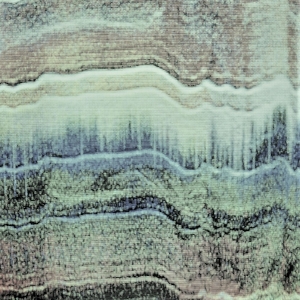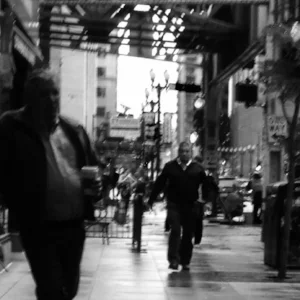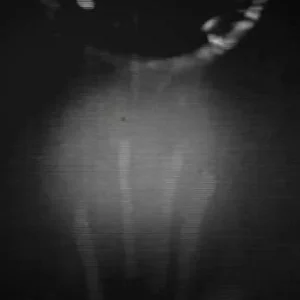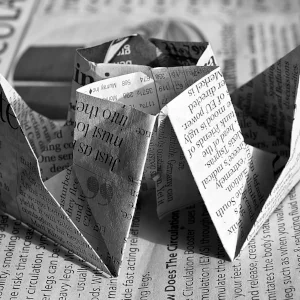Tape Extracts:
So, sounds. You wanted to know about sounds, the music. Well...
I don't remember hearing a lot of the guys rehearsing. I mean, occasionally I could hear someone practicing.
What we had instead were the sounds of fire engines and police sirens because it was Harlem in 1968 and things were poppin'.
Kids playing outside. That was a big deal.
There were the sounds of neighbors in the building. People playing music or watching TV. It was my neighborhood. You know like, 'these are the people in your neighborhood' kind of, from Sesame Street.
Friends went trick-or-treating for me, that was really nice and they brought be a bag of candy.
There were all these jazz musicians who lived in the co-op where I lived and they all worked weird hours. Some of them came and went in limousines. I wouldn't get to hear them playing very often. Occasionally I could sort of hear someone practicing.
There was an apartment building that was under construction across the street and they had to use a pile driver to sink piles to help hold the building up and that reminded me of the pile drivers they used when they were building the highway nearby when I was like, I don't know, 3, and it was kind of like the relentless march of human progress.
The only musician I hear practicing was the kid who lived below me who would every weekend try to play the Star-Spangled Banner out the window into the courtyard. Oh god, did he practice, he was so diligent. I have to admire his diligence. Every weekend he would practice.
I kind of had to rely more on my ears to figure out where I was and what was going on around me. I felt like I was hearing the sound of time rushing by.
We'd hear them because my dad would have their records. The musicians who lived in the co-op were out working so we didn't get to...it wasn't like you could hear them, you know, out the windows or something.
So, that was, I guess, a little odd. Because like, you know, we'd play records from somebody who lived around the hall form us or somebody who lived in the next building or somebody who lived around the corner. I don't know, I never really thought about it. It was just like 'this is what they did, this was their job'.
Mostly I just remember just kind of running into them when I'd be with my parents or with my mom and have them telling me like, my parents, my mom, who this person was and it would sort of register, but it was just kind of like, you know just one more grownup in my life. It wasn't a big deal, it was just like 'there's the guy who worked at the airport and there's the guy who works at the Tonight Show. That's the way it was.
I think my strongest memory of musicians is when I was very small and while making the rounds through the neighborhood with my mother; you know, going to the market and going to the dry cleaners and all that stuff, we would pass by Louis Armstrong's house and if he was out in the front yard my mom would say hello to him and they would chat over the hedge. But, I could never see him because the hedge was taller than me. So, I could hear that distinctive voice, but really rarely saw the face. But, I knew who it was. And, you know, I don't know how much I cared, you know all I cared about was getting a pastry at the Italian bakery at the end of our errands.
